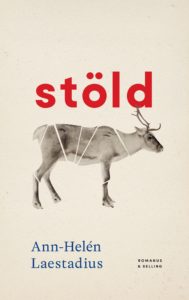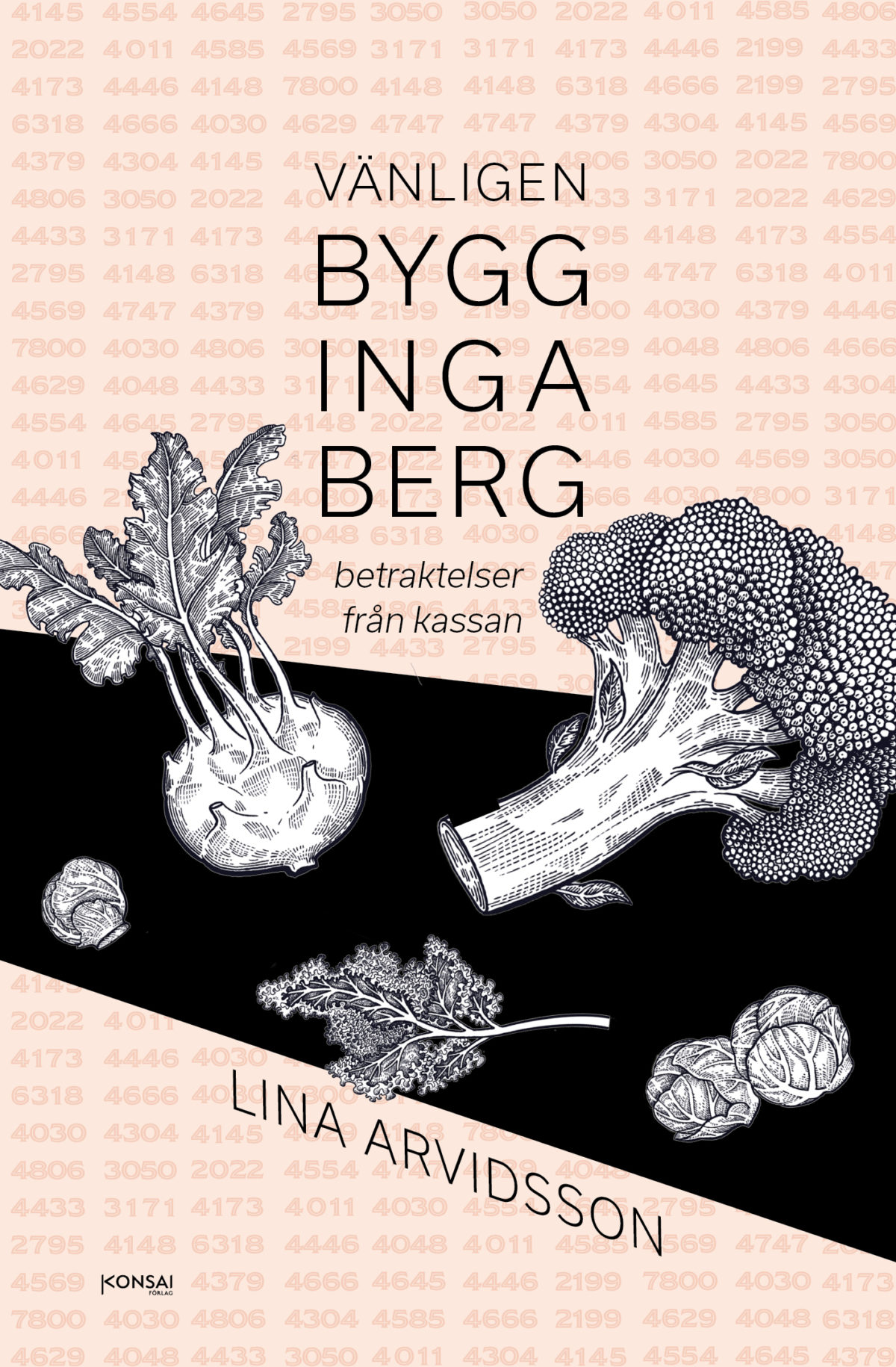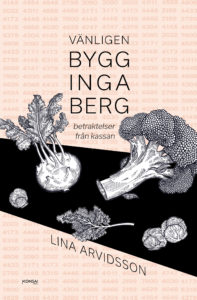Stöld was another pick from the neighborhood book club, which I joined in order meet my neighbors and to ensure some kind of minimum Swedish reading level in my annual book consumption (25% I decided was a good, if arbitrary, goal).

Swedish book club stayed on brand for this one: rather grim reading (animal cruelty and hate crimes) and literally dark, set as it is in the north of Sweden, largely during the winter. I have to admit that I wasn’t exactly hyped for this selection, but in the end I came out enjoying it, or at least not angry that I read it.
Stöld focuses on Elsa, a young Sami reindeer herder, and her struggle to carve out a space for herself among Samis and Swedes alike. This struggle is centered in one particular conflict: that with the book’s antagonist, Robert Isakson. Isakson’s harassment of Elsa in particular and the Sami community at large is the arena where most of the story plays out and whence the smaller conflicts arise. Is it worth it for Samis to try to turn to the local police for protection? Should they take matters into their own hands? What kind of relationship should they try to have with Swedes? Differences of opinions here underscore smaller, gender-based conflicts Elsa has with her own community, one that expects her to eventually become a housewife when she loves nothing more than being out with the reindeer.
The book fell down for me in narrative execution. There are small things Laestadius does that are often used in other genres as tricks to build towards certain kind of plot twists or reveals—that Isakson is actually a red herring of a suspect, or that a key death in Elsa’s social group was a murder, or the result of criminal negligence, rather than a suicide—but everything is played straight. The bad guy is the bad guy. The suicide is a suicide. The result is that the story feels a bit hollow; a bit shallow. I suppose that’s my fault for coming into this with vague expectations of “Nordic noir, but with reindeer herders.”
Isakson in particular isn’t a particularly satisfying antagonist. Laestadius gestures weakly at how the same system that fails Elsa is failing Isakson as well, and at how toxic masculinity and small-town snobbery (where everyone knows every other family’s business, and has known it for generations) have robbed him of a fulfilling life. Nonetheless, it doesn’t account for the levels of sheer cruelty Isakson reaches, and as a result he feels a bit flat and mustache-twirling.
But what the story lacked, the writing made up for. Laestadius captured a mood very well, where the point wasn’t how predictable or tense the story would be (I appreciate that none of the chapters end on cliffhangers) but more to illustrate “here is a distillation of what this life is like, more or less.” And to that end, I understand why Stöld won Bonniers’ Book of the Year Award for 2021. I’ve certainly read worse, so I’m not mad.



